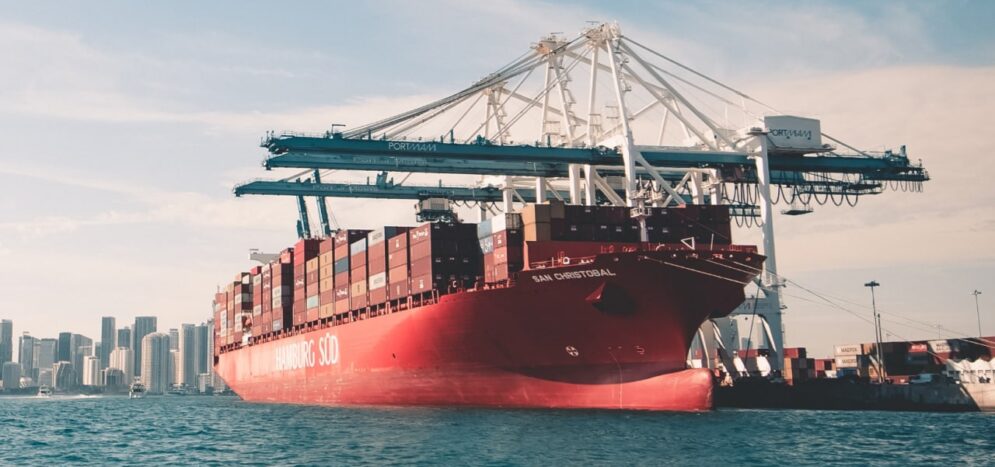Modern logistics operations integrate digital communication platforms to enhance customer engagement and provide real-time visibility throughout the shipping process. Mobile applications enable customers to track shipments, receive delivery notifications, and communicate directly with logistics teams through instant messaging systems and automated updates. Digital transformation initiatives streamline communication workflows while reducing response times and improving service transparency across all customer touchpoints and operational departments.
Advanced communication technologies facilitate coordination between drivers, warehouse personnel, and customer service representatives through integrated platforms that synchronize scheduling, delivery status, and exception handling. Cloud-based systems enable seamless information sharing across multiple locations while maintaining data security and operational continuity. Electronic documentation reduces paperwork processing time and improves accuracy through automated data capture and digital signature capabilities.
Integrated digital communication systems transform logistics operations by connecting customers, drivers, and operational teams through real-time information sharing platforms that enhance service visibility, reduce response times, and improve operational coordination across complex supply chains.
Customer relationship management evolves through personalized communication channels that deliver targeted updates, service recommendations, and proactive notifications based on shipping preferences and historical patterns. Artificial intelligence enhances communication effectiveness through predictive messaging, automated responses, and intelligent routing of customer inquiries to appropriate specialists. Multi-channel communication strategies accommodate diverse customer preferences through email, SMS, mobile apps, and web portals.
Social media integration enables logistics companies to provide public updates, handle customer service inquiries, and showcase operational capabilities through visual content and interactive communications. Digital marketing platforms leverage customer communication data to improve service offerings and develop targeted logistics solutions for specific market segments. Emergency communication protocols utilize multiple digital channels to ensure rapid notification and coordinated response during service disruptions or critical situations.

Customer-centric digital communication strategies leverage artificial intelligence and multi-channel platforms to deliver personalized logistics experiences while building stronger relationships through proactive engagement, targeted messaging, and responsive customer service capabilities.
Worldwide shipping services
International logistics communications span multiple time zones, languages, and cultural contexts through automated translation services, localized customer portals, and region-specific communication protocols. Global communication networks coordinate between international shipping partners, customs authorities, and destination agents through secure digital platforms that maintain compliance with data protection regulations. Cross-border documentation utilizes electronic systems to expedite customs clearance and reduce processing delays.
Worldwide customer engagement leverages digital communication technologies to provide consistent service experiences regardless of geographic location or local infrastructure limitations. International regulatory communications ensure compliance with diverse shipping requirements, documentation standards, and customs procedures through automated systems and expert oversight. Global supply chain visibility connects international stakeholders through unified communication platforms that provide end-to-end tracking and coordination capabilities across multiple countries and transportation modes.



